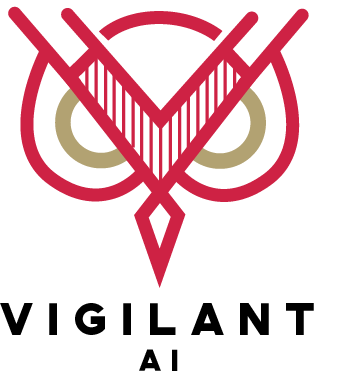Today, new data-driven approaches are changing the face of audit. Rather than relying on time-consuming manual data collection and review processes, auditors can leverage intelligent data management approaches to deliver a more accurate, complete, and independent audit.
Despite a reputation for being risk averse, the audit industry has always embraced technologies that improve performance and make client engagements more efficient and complete. From the early adoption of computers, and accounting software to the more recent arrival of automation and generative AI, auditors have been quick to recognize when new technologies can be used to deliver a higher-quality audit.
Data Lakes – Not Data Swamps
Google Cloud defines a data lake as “a centralized repository designed to store, process, and secure large amounts of structured, semi-structured, and unstructured data.”
Basically, a data lake consolidates data from these diverse sources into a single, unified source of truth that can be accessed and used by auditors throughout the audit process.
Both structured and unstructured data can be collected and stored in its original form. This reduces the time and cost required to collect and review both the structured accounting entries and the unstructured supporting business process documentation.
The collected data is then automatically contextualized based on key terms extracted from both the structured and unstructured data to enhance its meaning and relevance to the audit process.
When done well, the resulting data lake provides auditors with all the necessary linkages between the business process documentation that underpins the accounting transactions.
But when not done well, the result is a data swamp. A data swamp occurs when all the data is stored in a data lake without any proper curation or tagging. Data is unorganized, cluttered, and useless to navigate, limiting the auditor’s ability to perform audit testing.
Download the Building and Leveraging Data Lakes for Financial Audit Firms
Data Analytics – Intelligent Data Management
Once auditors have access to a fully curated data lake, they can begin to conduct more powerful searches and a deeper analysis of the data.
Data analytics is the process of examining datasets to find trends and draw conclusions. It converts the data associations formed in the data lake into actionable insights that can be used by the auditor to either verify transactions at a point in time or run an analysis across a year’s worth of similar data.
Data analytics enables auditors to detect anomalies, assess risk, validate account balances, and identify discrepancies that require additional scrutiny. It also allows auditors to plan and scope audits more effectively to optimize audit procedures and maximize audit efficiency. Driven from a fully contextualized data lake, the data can start to speak for itself, allowing auditors and analysts alike to see meaningful patterns.
As the volume of data available to auditors continues to grow, continuing advances in computing power will mean they will be able to process even larger sets of structured, unstructured, and semi-structured data to validate how financial transactions align with the source business process documentation. This will increase the completeness of data testing and review in all audit scenarios.
Generative Artificial Intelligence
Generative AI is already being tested for a range of applications by both individual auditors and audit firms as part of their technology strategy.
A fully contextualized data lake is a necessary stepping stone to successfully adopting generative AI in audits. Auditors need a centralized repository of structured and unstructured information that is properly curated and organized to be able to leverage generative AI in a fully trustable manner.
An auditable, curated repository of data reduces the risk of having a generative AI model hallucinates or return untraceable results with no link to the data from the data lake.
Traceability of the data is key, as generative AI results will need to be footnoted and reviewed by auditors in order to build trust in the models employed. Auditors will want to review the sources drawn from the data lake to understand how the model ultimately arrived at its output.
This will help auditors to avoid automation bias, or the risk of favouring output generated from automated systems even when contradictory information suggests the output is unreliable.
Finally, measures to ensure data privacy and confidentiality will be key to the successful implementation of generative AI..
Embracing Data-Driven Approaches for Long-Term Performance
Technology will not replace auditors or audit firms. However, audit firms that embrace data-driven approaches to audit and fully incorporate it into their audit process will supplant those that do not.
The audit industry has long demonstrated a willingness to adopt new technologies. Today, intelligent data management platforms that leverage a fully contextualized data lake, can drive advanced data analytics, and generative AI.
By reducing the time, cost, and resources necessary to collect, review, and categorize business data, auditors can focus on probing areas of higher risk and delivering a faster, more complete, and more accurate audit.



Recent Comments